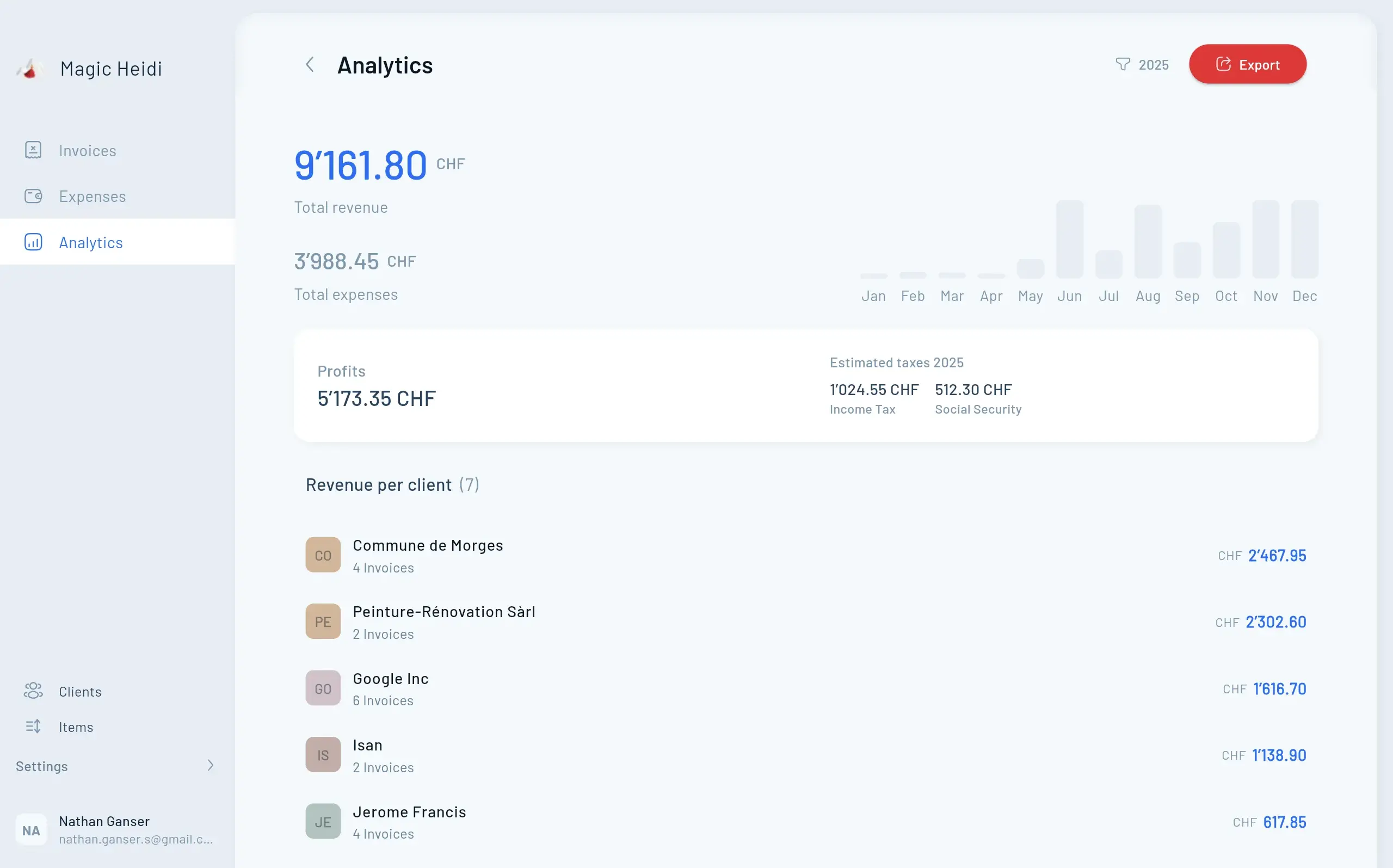CHF 22,900-28,200 Total First Year
Including capital + all formation costs
- Minimum Capital: CHF 20,000 (your money, stays in business account)
- Notary Fees: CHF 1,000-2,000 (required for articles of association)
- Commercial Register: CHF 600-1,200 (federal registration fee)
- Legal Address (annual): CHF 500-2,000 (required Swiss domicile)
- Bank Account Setup: CHF 300-1,000 (for blocked capital account)
- Professional Support: CHF 500-2,000 (articles drafting, VAT setup, advice)








